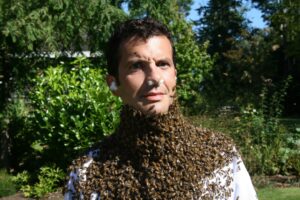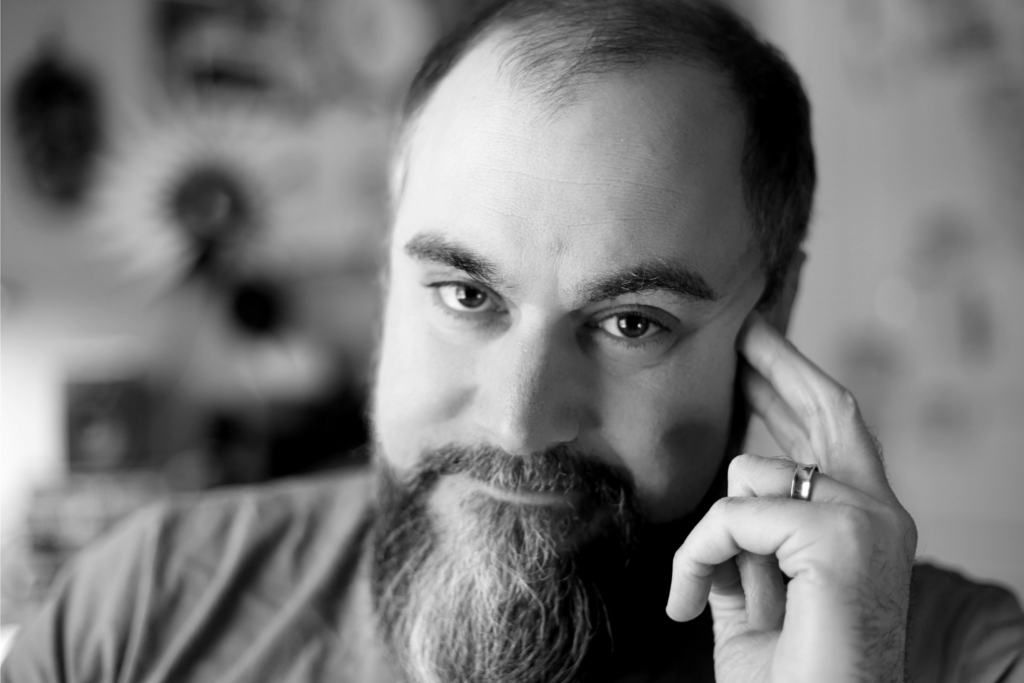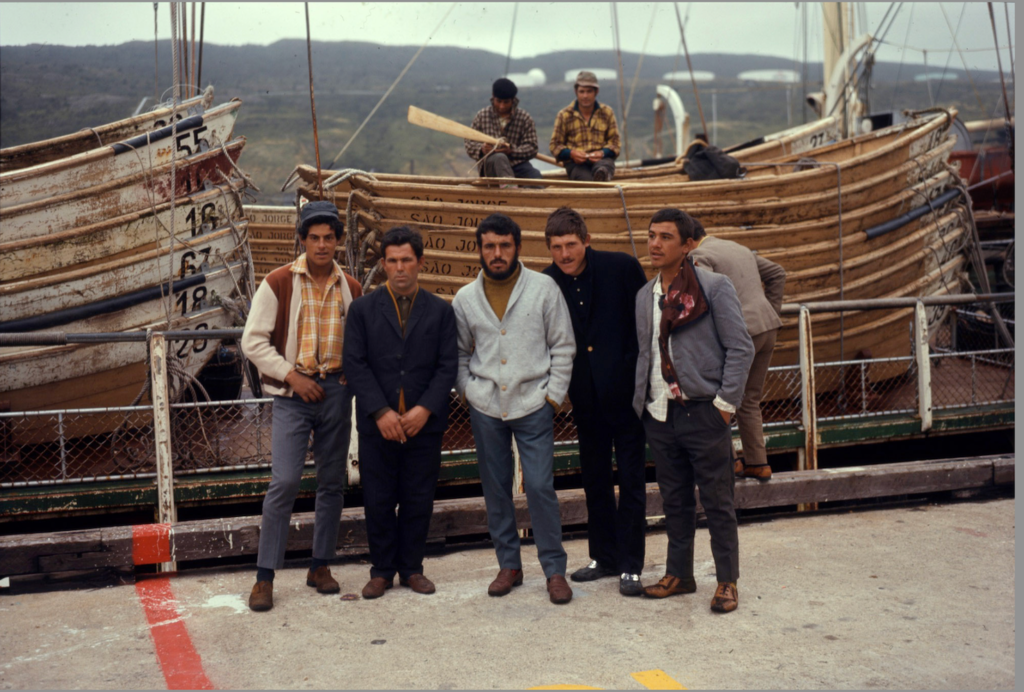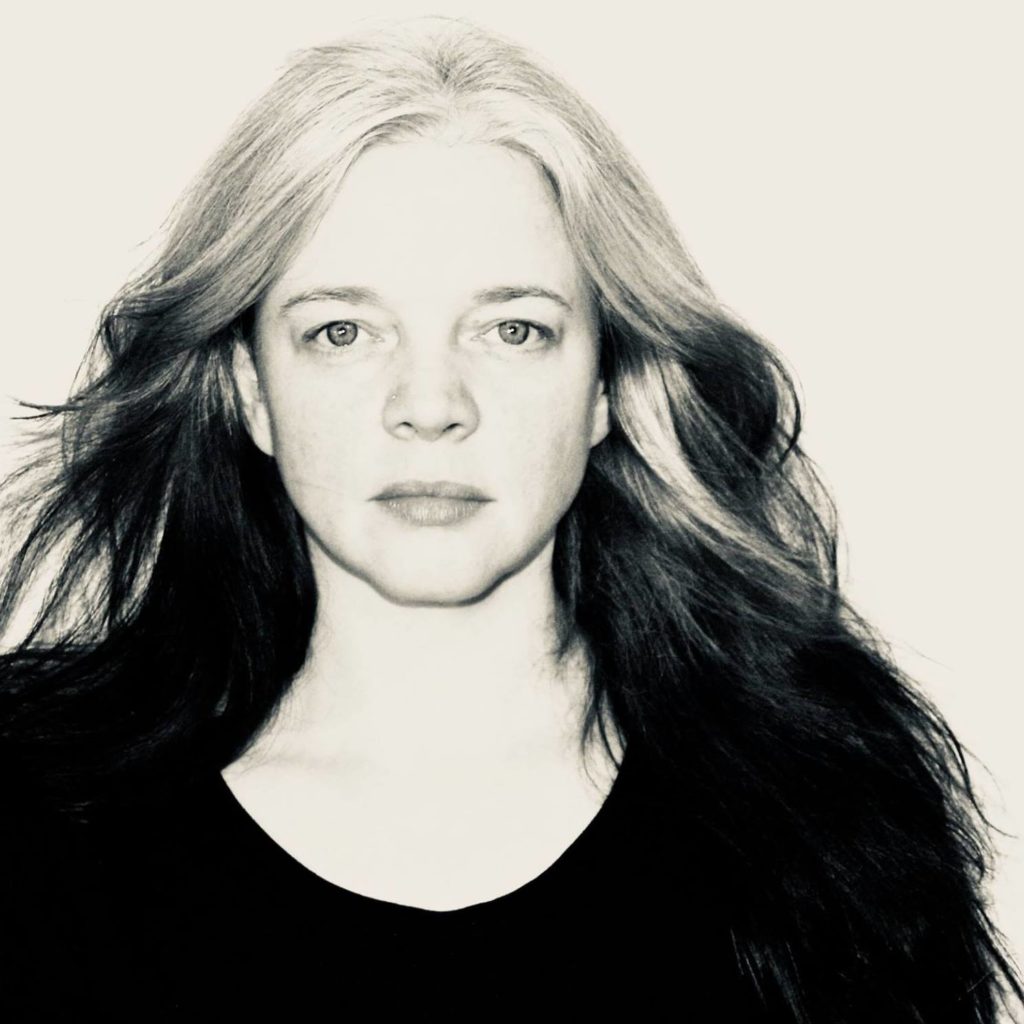Rick Mercer on the road: “It was part of our philosophy that we wouldn’t have a crew that couldn’t fit in a minivan”
November 2023
The Road Years, Rick Mercer‘s follow-up to Talking to Canadians, takes us through 15 seasons of The Rick Mercer Report, as he and his production team composed of field producer Michal Grajewski, DOP Donald Spence, and road director John Marshal ascended the Peace Tower, crawled into a bear’s den, and risked Jan Arden‘s life over and over, crisscrossing the country until it felt like “my hometown.” Mercer spoke to NQ about his new book by phone; the interview has been slightly edited for clarity.
How unusual is it for a TV series like yours to have such a small crew?
Incredibly unusual. It was very, very small. And for many years it was just the three of us [Mercer, Spence, and Marshal]; I write about Grajewski joining us, and he becomes this mission-critical individual, but originally he came just to drive. It was part of our philosophy that we wouldn’t have a crew that couldn’t fit in a minivan. Because that meant we were lean and mean and could go anywhere and do anything, and the money we saved we would occasionally use for a helicopter, to get a big production value. We felt the advantages outweighed the disadvantages. We loved being a small crew. We all know what it’s like when you see a big television crew by the side of the road, to this day when I see that I have no interest, I just want my crew, my little tiny crew in a small minivan.
Does that come from your theatre background?
I don’t know … I think It comes from the very early days of 22 Minutes. I can tell you when we started there was just no money. So we were forced to operate with a very small crew, and of course the Rant only ever had two people out there with me, and so I knew it was possible. Like the early days of 22, some of the great stuff we shot in Ottawa, myself, also Marg [Delahunty, Princess Warrior], was done with one camera and one producer/director. And so I knew it was possible. And [executive producer] Gerald [Lunz] would never allow it to get any bigger.
Sometimes no money means better creative decisions.
For sure. I’ve always given that advice to people, embrace your budget. Even if you hate it, you might as well embrace it, otherwise you’ll just drive yourself crazy. But [on RMR] we didn’t have the crew that we had because of the budget. That was a conscious decision.
Speaking about going anywhere and doing anything, you seem to have always said yes to everything – competing in a homemade bobsled tournament, submitting to a bee beard – was there something you were secretly relived to have never been asked to do., or were you always up for anything?
I didn’t say yes to everything. There was a group of people, they practice a sport, or an art, I don’t know what it’s called but you stand on the back of a horse, and the horse goes around barrels and does different maneuvers. And they would invite me and I would just politely turn them down. And then they would see that I jumped out of a plane, and they would say well you jumped out of a plane, why won’t you stand on the back of a horse? And I’m nervous around horses anyway. And the reason why was I honestly believed that if I stand on the back of a horse I will break my neck. I will end up in a wheelchair. I’m not doing it. And they kept asking and they were always insulted. And I thought don’t they understand there’s a difference? If I jump out of a plane and I don’t make it so be it, but I’m not going to break my neck or my legs or my arms doing a shoot. So there were things that I said no to. But not many, I gotta say.

You said yes to the bee beard.
One of the secrets is you play into people’s fears. Now, I’m actually a bit nervous around heights, but I never was. Heights have never been an issue for me. So if I’m dangling off the side of the Scaotiabank Tower washing windows, I know that half the audience is looking at that and hyperventilating, they’re watching it through their fingers, where s for me it was fine. I felt comfortable up there. When you play into people’s fears, when people are afraid of snakes and you’re handling a snake, they’re going to think you’re brave, and really you just don’t have a fear of snakes. There were things, like I write about being tasered, that was just stupid. And it never went to air so, double whammy.
I respected why you didn’t air that, because of what happened to Robert Dziekanski.
We waited, and we did think oh there’ll be some explanation, but we can still air it. And then when it was evident that this was just a tragedy, we decided it wasn’t worth it for, what, forty seconds of television? It was the right decision to make, to feed it to the comedy goat as we said.
I think some other people would have aired it, regardless.
We always tried to err on the side of caution when it came to any of those decisions. And I think one of the reasons why I had such incredible access to individuals, private citizens, to any institutions, businesses, charities – they trusted me, they knew that there was not going to be any gotcha moment, they knew that if someone said something in the heat of the moment, or did something in the heat of the moment that they thought maybe would be funny, it wasn’t the kind of thing that I would put on television and they would live to regret it. In all the years, it never happened, which is pretty amazing when you think of how many episodes there were.
You played fair. You only named an idiot if they were in public life and should be called out for it, like Cheryl Gallant.
I couldn’t help but bring that up a little bit again in the book. Just a reminder to everyone.
You’ve interacted with several prime ministers: Jean Chrétien, Paul Martin, Stephen Harper, and Justin Trudeau. Did anybody surprise you?
Sure. They all are slightly different. And a lot of them have tricks. Prime ministers and cabinet ministers in particular they have different tricks, [for example] they love to start swearing a lot around you, and they’re doing that because they’re letting you know that you’re now in this privileged circle, because they’re saying things they would never in a million years say on camera or what have you. But you catch on to that pretty quick. The fact that Stephen Harper had a sense of humour took me off guard. But then I write about Stephen Harper, what an odd duck he is, because he went out of his way to hide the fact that he had a sense of humour. That was some sort of shtick of his. He famously would read a speech and take the best lines, circle them, and congratulate the speechwriters, and then take those lines out. He didn’t want to be memorable or quotable, unlike most politicians, that’s really all they want. So he was interesting. Chrétien was great to shoot with because his sense of humour was so good and his time was so good it was like working with Eugene Levy or something, but I don’t think most Canadian would be surprised by that because they all saw that to a certain extent.
He seemed to like you. Or is that him fooling me?
We went way back because we did a shoot with 22 Minutes that was kind of famous where we went to Harvey’s Restaurant. He always had fond memories of that. And anytime he came on RMR of course he was retired, he was no longer prime minister, so he didn’t have to be guarded at all, he was a private citizen at that point.
Check back here next week and read Part Two of NQ’s chat with Rick Mercer.
(Photo credit: Michal Grajewski)



